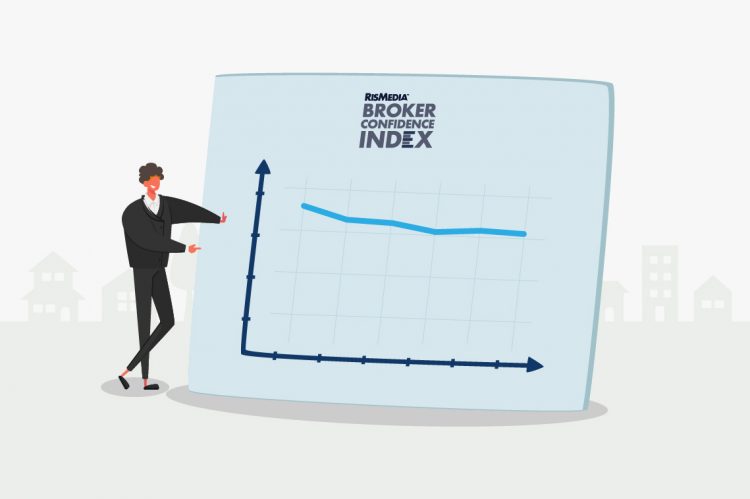What were merely whispers about a possible recession just weeks ago have started to become louder and, in some instances, full-throated concerns. It’s no wonder when zooming out to look at the big picture state of global economics, which trickles down to the U.S. residential real estate market.


Caysey Welton
Caysey Welton is RISMedia’s content director. Email him your real estate news ideas at cwelton@rismedia.com.
Related Posts
Leave a Reply Cancel reply
Taking Advantage of Client Reviews (and Referrals)
Client reviews are very important to your team’s business and how you market yourself. Plus, referrals are the easiest and most surefire way to gain more clientele. Read more.
Business Tip of the Day provided by
Categories
The Most Important Real Estate News & Events
Click below to receive the latest real estate news and events directly to your inbox.
By signing up, you agree to our TOS and Privacy Policy.











